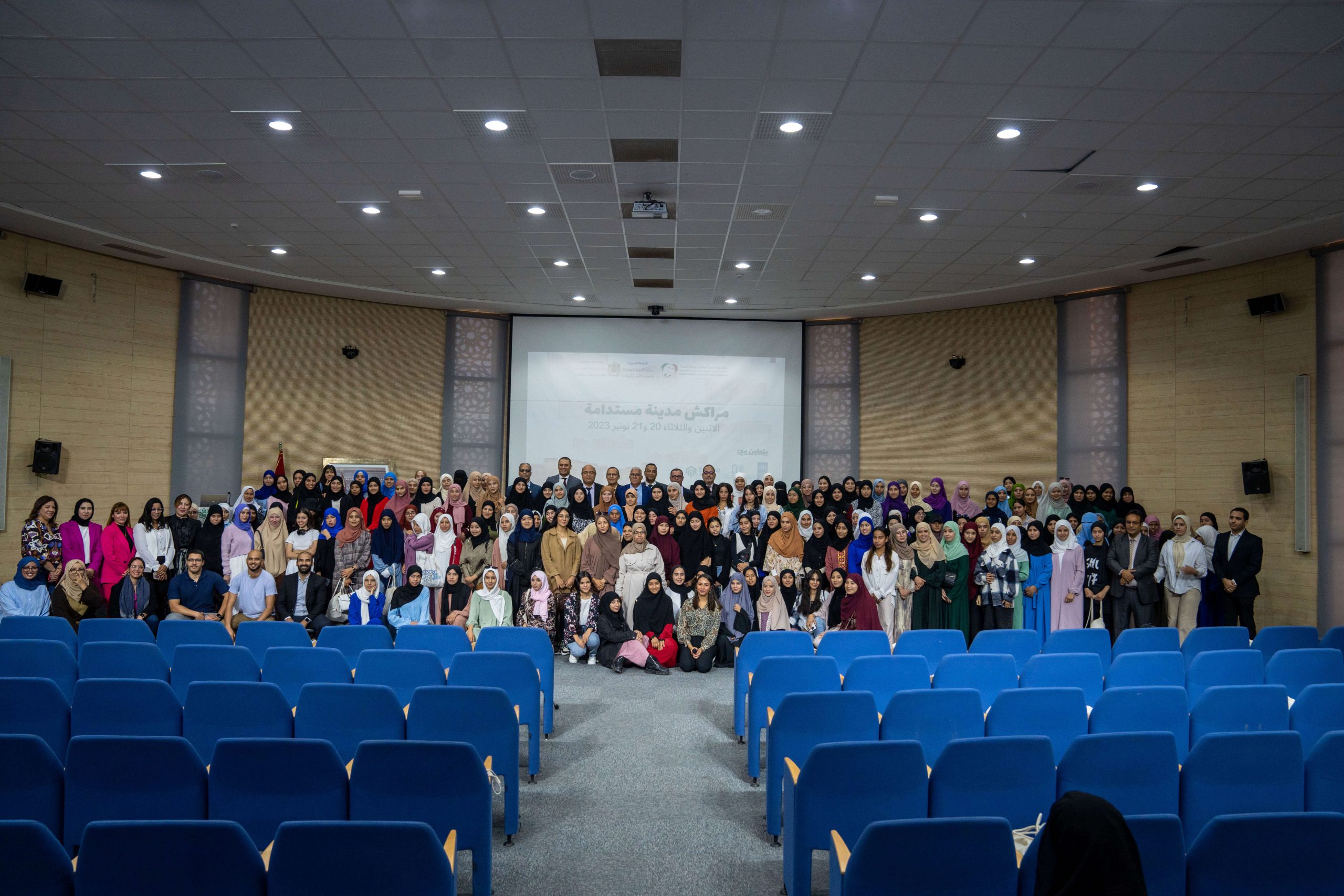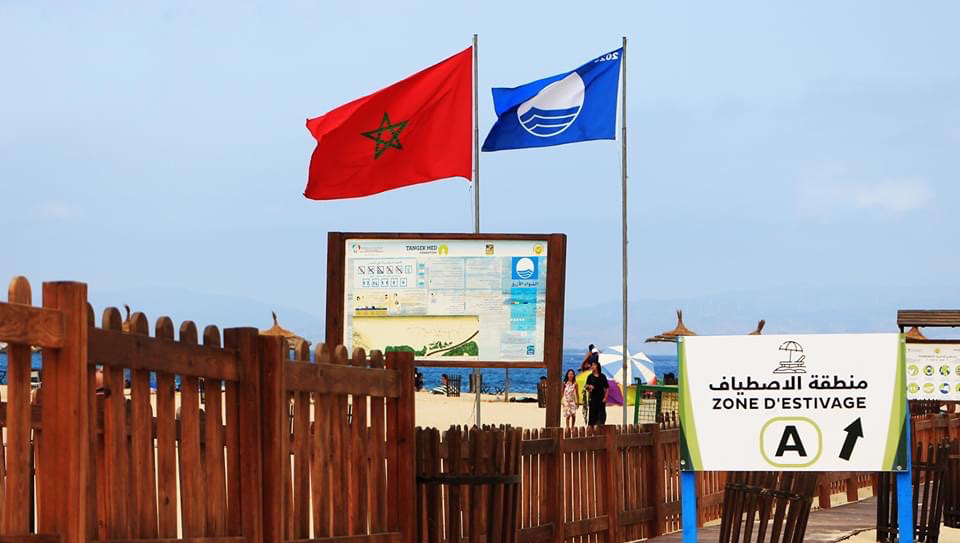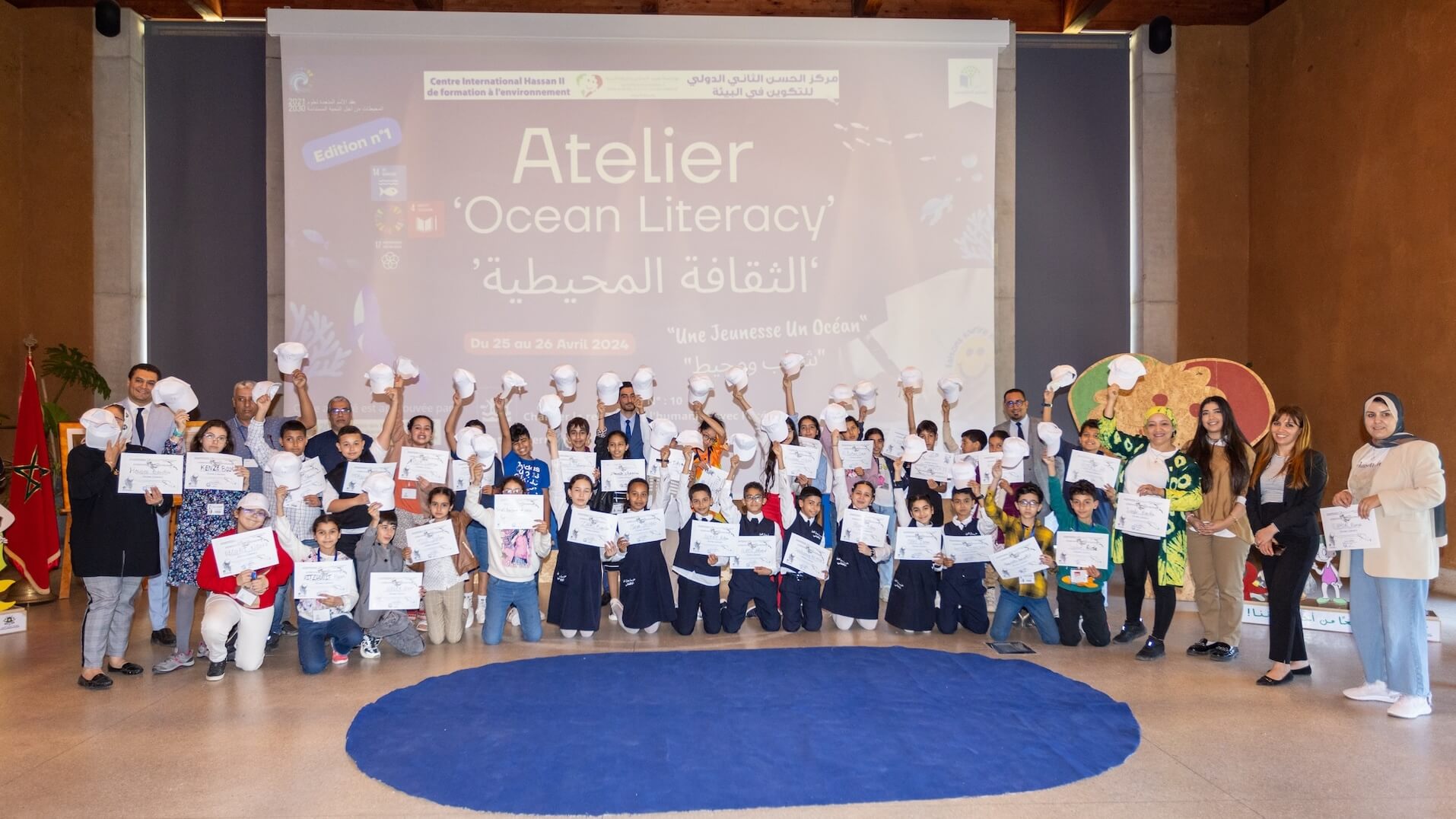
28 beaches and two marinas are to hoist the international Blue Flag label this summer, awarded by the Mohammed VI Foundation for Environmental Protection, chaired by Her Royal Highness Princess Lalla Hasna and the International Foundation for Environmental Education (FEE).
There is significant progress from the summers of 2021 (26 beaches and one marina) and 2020, both marred with Covid-19 health restrictions. Two new beaches join the list: Smir East Marina and Al Minaa. Morocco with 28 beaches, ranks first in the Arab world and second in Africa.
The Atlantic seaboard boasts 22 labeled beaches, while the Mediterranean coast counts eight labeled beaches and both marinas. Smir Marina this year joins the marina of Saidia, a Blue Flag marina for the past four years and pioneer of this highly selective accreditation, as a total 26 criteria are to be met across six categories, including water quality in the harbor area, information and above all waste treatment. This latter criterion calls for the treatment of drainage liquids, diesel, boat household waste, and the installation of a storage unit for hazardous substances prior to disposal by a specialized treatment company.
46 beaches applied for the label, now a brand widely recognized by summer vacationers. Unfortunately, only 28 beaches met the exacting criteria.
The label is awarded to municipalities. Municipalities are fully and directly in charge of all areas of beach management: maintenance, cleanliness, equipment, safety, training, awareness and accessibility. The Foundation’s Clean Beaches program and the General Directorate of Local Authorities and the relevant ministerial departments support municipalities in this considerable deployment. Regional managers receive beach management training as well as environmental management and awareness tools enabling them to best welcome summer vacationers. The Foundation evaluates Blue Flag applications and conducts unannounced inspections throughout the summer to ensure compliance with all Blue Flag criteria for the season.
Municipalities receive support from the General Directorate of Local Authorities as well as from business partners enlisted by the Foundation under the Clean Beaches program, who lend managerial knowhow and financial support.
Over 100 beaches registered for Clean Beaches in 2022.
Blue Flag, created by the Foundation for Environmental Education in 1987, turns 35 in 2022. It is the most significant eco-label for beaches in the world, and is currently hoisted on 4194 beaches and 732 marinas across 48 countries throughout Europe, Africa, America, the Caribbean and the Pacific. Its success is built on a rigorous certification process. It is awarded according to four criteria sets: bathing water quality, information, awareness and environmental education, hygiene and safety, and last, but not least, organization and management.
The Blue Flag ecolabel was introduced to Morocco by the Mohammed VI Foundation for Environmental Protection in 2002 as part of the Clean Beaches program. The Foundation, through its long-standing support to coastal communities, continues to develop this program and broaden scope to provide environmental education, protect marine environments and human health, and improve accessibility and safety of beaches.
Blue Flag beaches 2022 :
• Oued Laou
• Essaouira
• Arkmane
• El Haouzia
• Sidi Rahal Section 4
• Bouznika
• Ba Kacem
• Mdiq
• Rifienne
• Sidi Ifni
• Saidia Municipale
• Saidia Resort Dalia • Achakar
• Bedouza
• Safi Municipal
• Souiria Lakdima
• Aglou
• Imin Tourgha
• Oum Labouir
• El Moussafir
• Foum el Oued
• Skhirate
• Sidi Abed
• Les nations
• Ain Diab extension
• Al Minaa
• Smir Marina East
The Blue Flag : A demanding label for safe beaches :
The Blue Flag is a symbol of exemplary environmental quality :
Created by the French Office of the Foundation for Environmental Education in Europe in 1985, this label is managed worldwide by the Foundation for Environmental Education (FEE), a network of NGOs from 78 countries aiming to promote and implement environmental awareness and education programmes.
Now present in 50 countries on all continents, the Blue Flag has become a worldwide reference in the fields of tourism, environment and sustainable development.
It is awarded each year to coastal municipalities that are responsible for managing their beaches and that have a permanent policy of sustainable tourism development. It also rewards marina managers who are involved in sustainable development.
The goal of the Blue Flag programme is the sustainable development of beaches and marinas that meet strict criteria for water quality, environmental education and information, environmental management, safety and other services.
The Blue Flag Label requirements :
As a guarantee of good environmental quality, the Blue Flag, when hoisted on a beach or a marina, conveys a positive and dynamic image to both residents and visitors. In this sense, it also promotes a general awareness of the need to behave in a way that is more respectful of nature and its rich diversity. This is possible thanks to the following actions: tightening of criteria concerning water quality, environmental education, environmental management, safety and services.
For tourists, sunbathing on a Blue Flag beach means choosing a site that has a certain number of facilities to minimize the impact of tourist traffic. Sorting garbage bins are available to allow for recycling waste and the presence of sanitary facilities helps to keep bathing water in good quality. Safety and accessibility to bathing for all is also taken into account, as well as information on the quality of the bathing water and on the local fauna and flora. Throughout the year, and particularly during the summer season, the municipalities that guarantee the label organize various forms of environmental awareness activities.
Labelled marinas :
Labelled marinas are places where the protection of the environment and the marine environment is a priority. Recreational boaters have access to careening areas with no discharge into the natural environment, boat wastewater recovery systems, and special waste recovery areas. Like the municipalities, Blue Flag marinas offer environmental activities to raise awareness about the vulnerability of the environment among boaters and visitors.

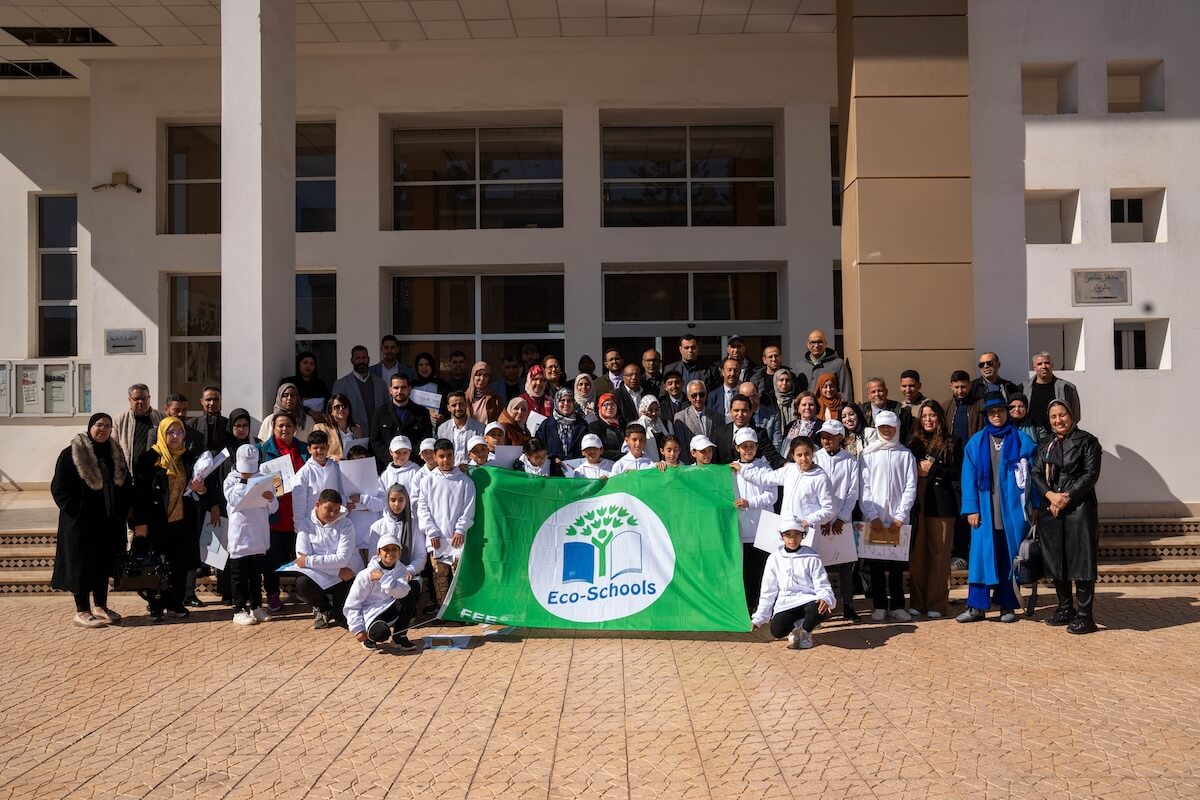
The Foundation holds awareness-raising and training workshops as part of its two programs: Eco-schools and Young Reporters for the Environment for the academic year 2023-2024
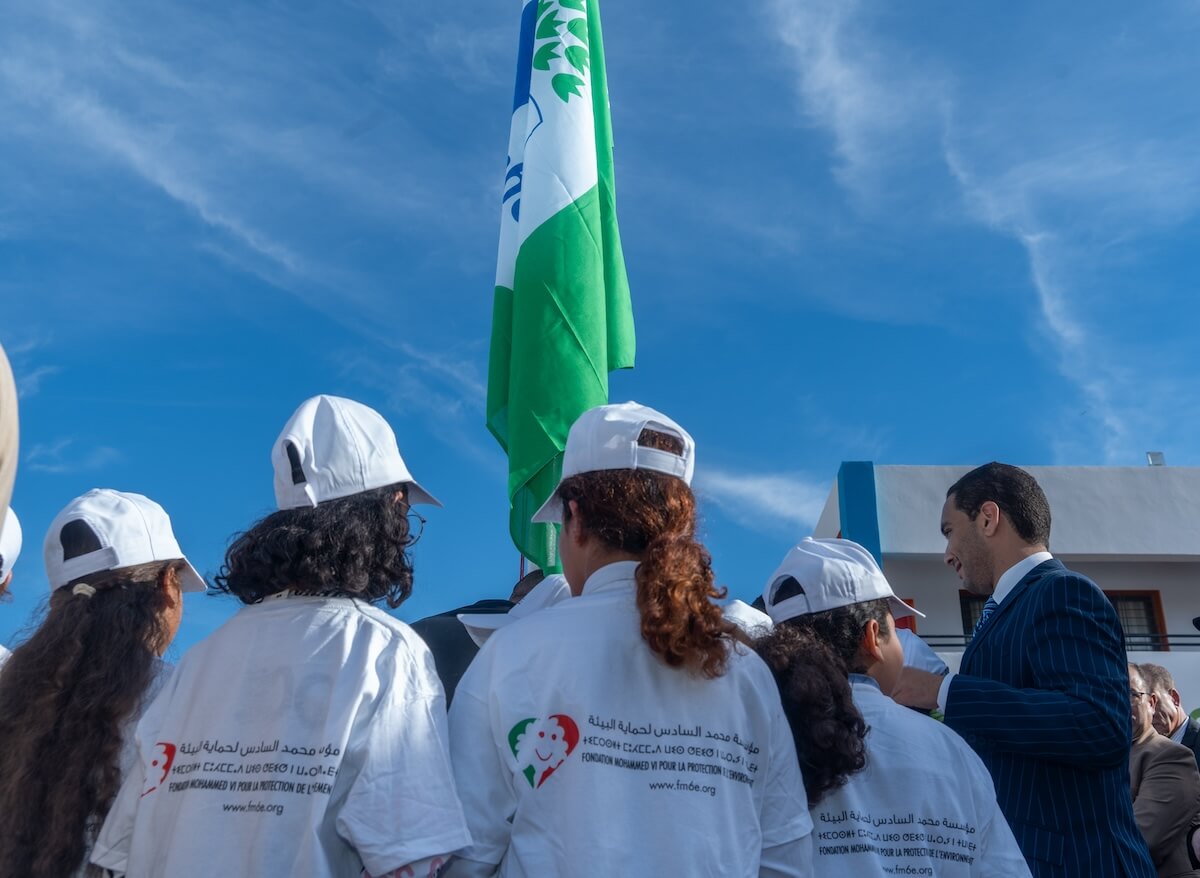
Acquisition of the Green Flag by 89 schools for the academic year 2022/2023: A new record in the Eco-Schools program!
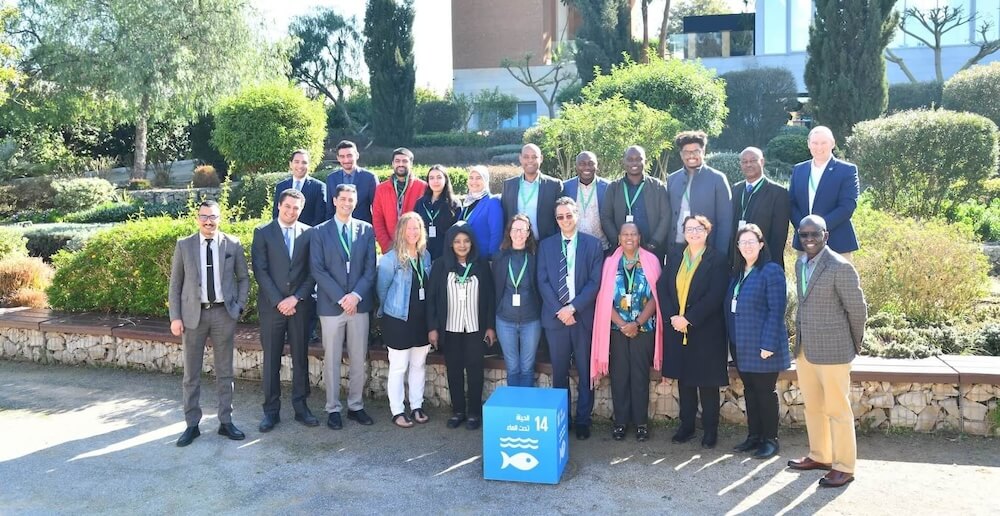
The Mohammed VI Foundation for Environmental Protection hosts the 2nd day of the African Ocean Decade Taskforce Meeting
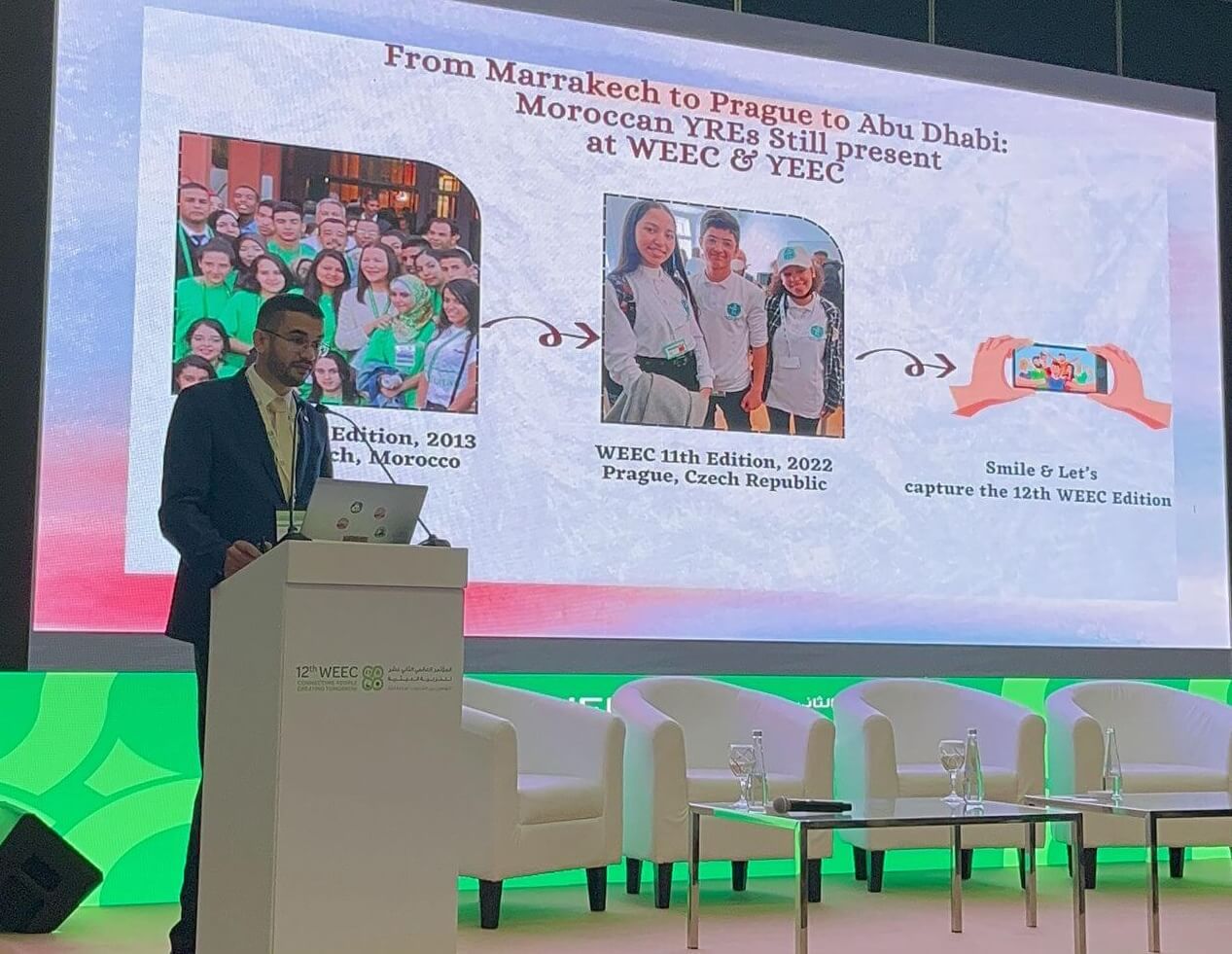
The Mohammed VI Foundation for Environmental Protection at the 12th WEEC, in Abu Dhabi
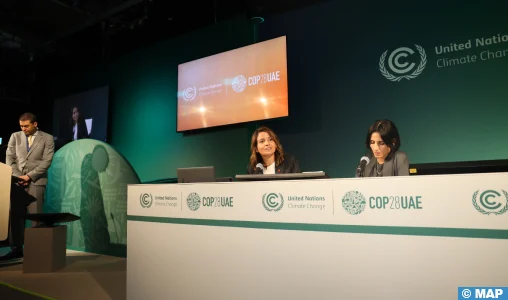
Side event at COP28 : Tracking Africa’s Climate Journey: Successes and Opportunities
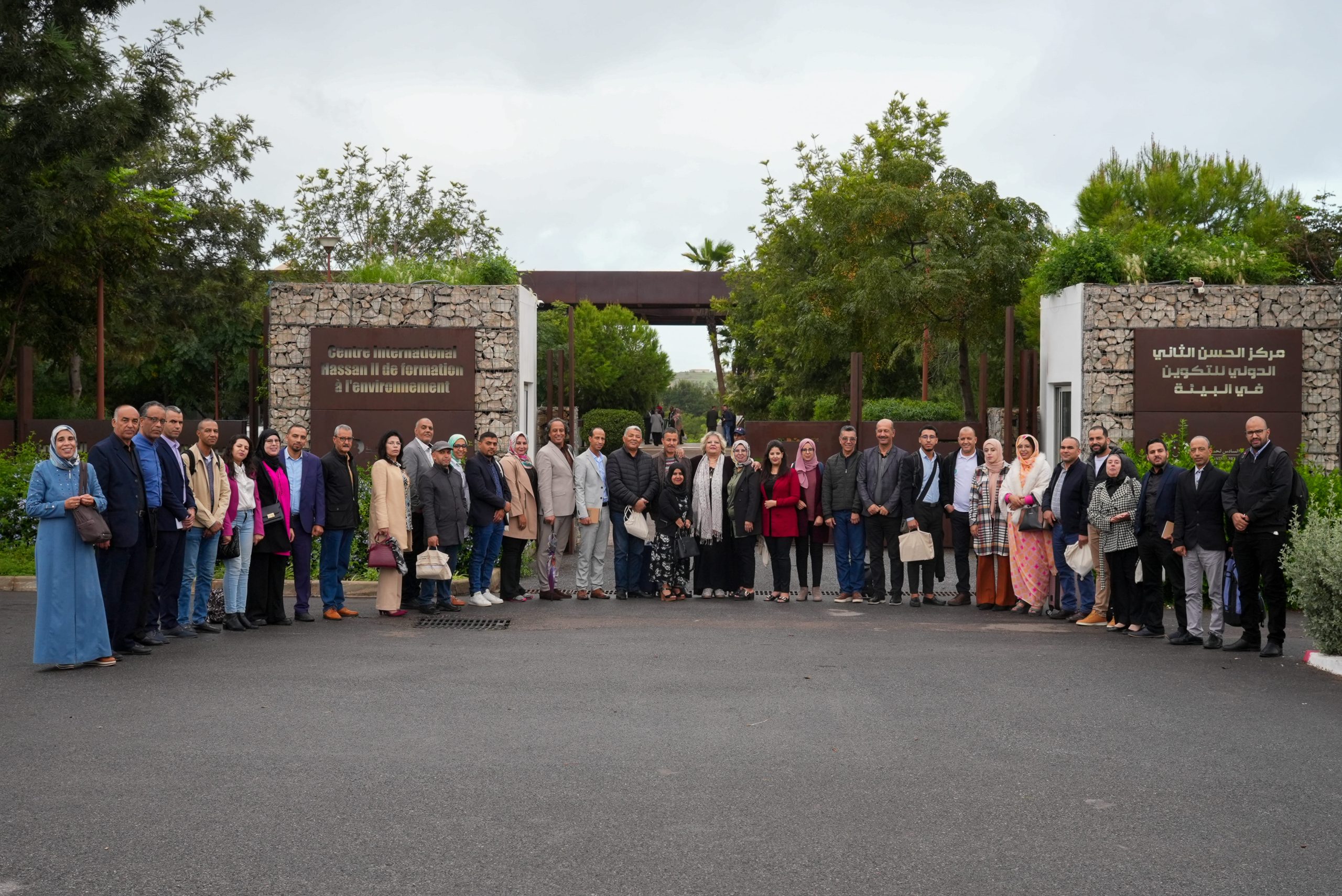
National Training Workshop for 94 Sustainable Development Education Coordinators:
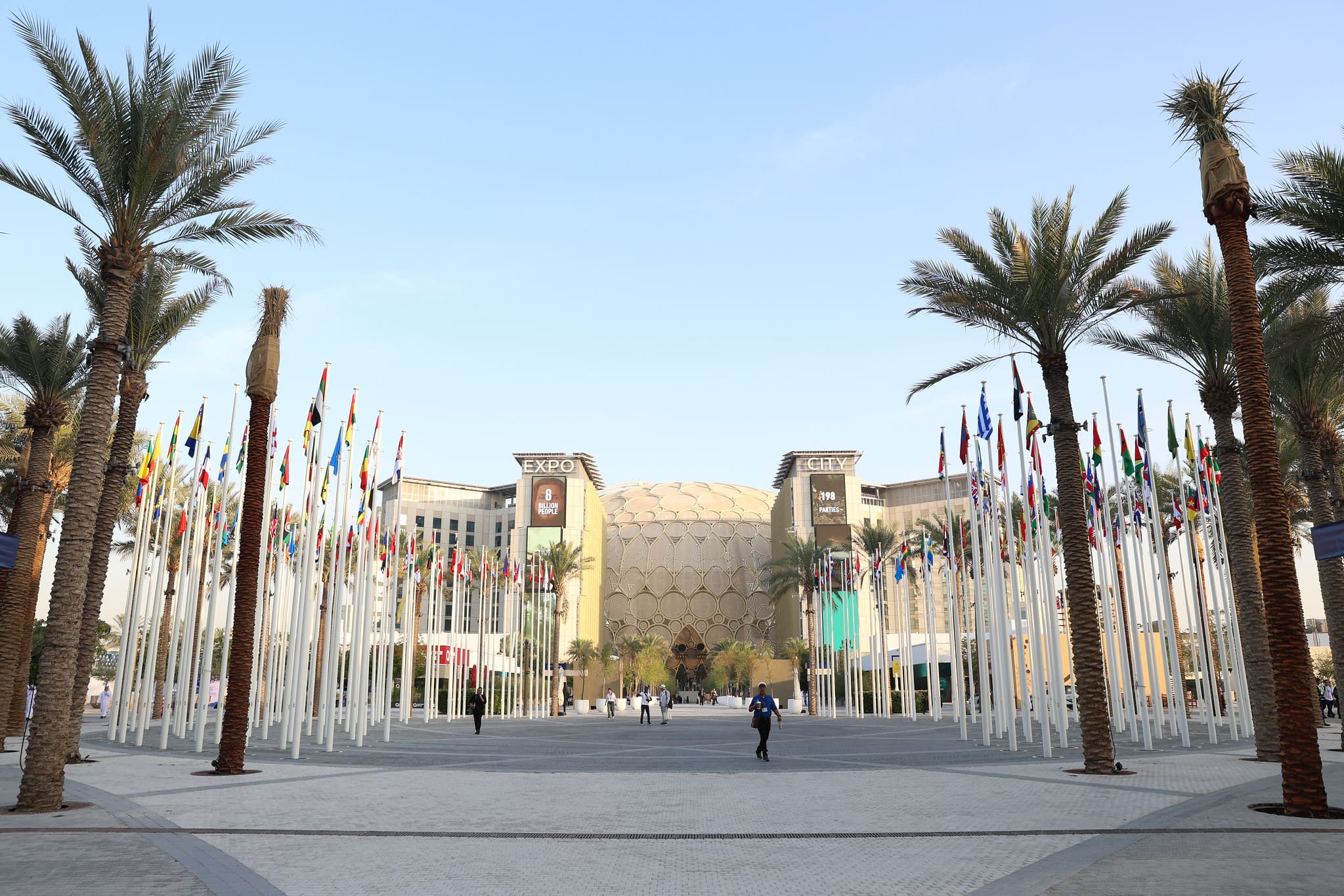
The Mohammed VI Foundation for Environmental Protection takes active part in COP28 in Dubai
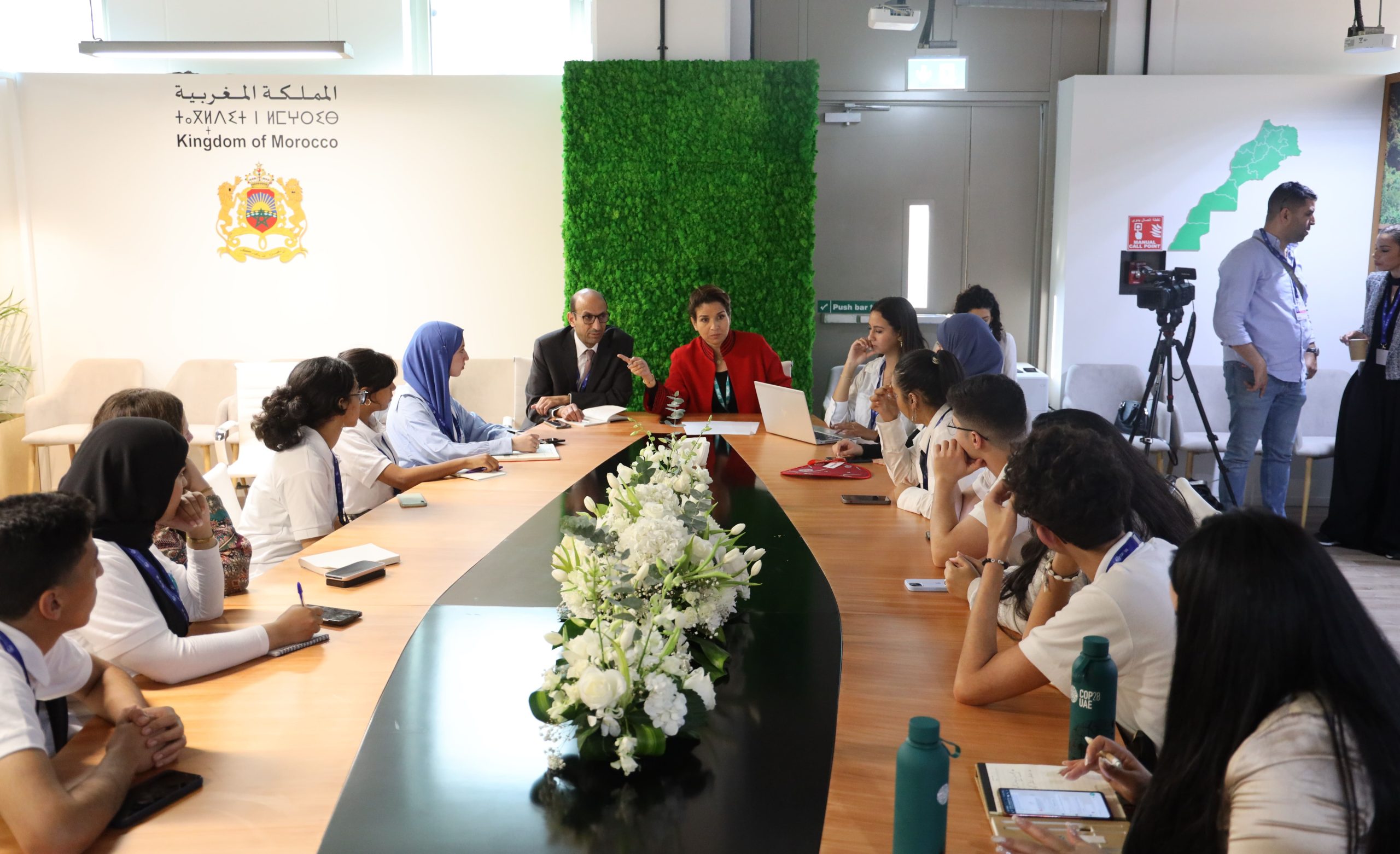
Interview with Young Reporters for the Environment with Mrs. Leila BENALI, Minister of Energy Transition and Sustainable Development of Morocco
